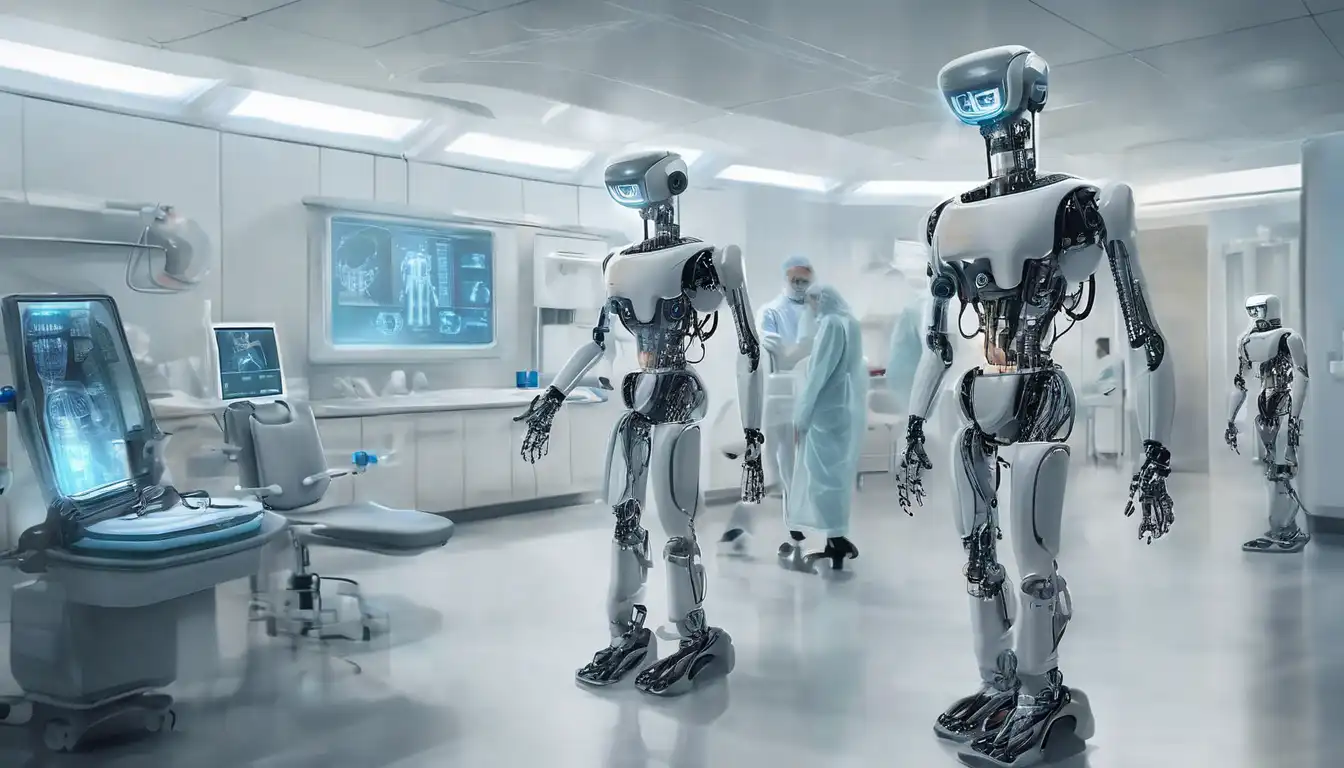The Next Era of Robotics in Healthcare
The integration of robotics into healthcare is transforming patient care, surgical procedures, and rehabilitation processes. This technological advancement is not just a glimpse into the future; it's a present reality that's reshaping the healthcare industry. From robotic-assisted surgeries to automated patient monitoring systems, the potential for robotics in healthcare is boundless.
Robotic-Assisted Surgeries: A Leap Forward
One of the most significant contributions of robotics in healthcare is in the field of surgery. Robotic-assisted surgeries allow for unparalleled precision, reducing human error and improving patient outcomes. These systems, such as the renowned da Vinci Surgical System, enable surgeons to perform complex procedures with more control and flexibility than conventional techniques.
Automated Patient Monitoring and Care
Beyond the operating room, robotics plays a crucial role in patient monitoring and care. Automated systems can monitor vital signs around the clock, alerting healthcare professionals to any changes in a patient's condition. This not only enhances patient safety but also alleviates the workload on medical staff, allowing them to focus on more critical tasks.
Rehabilitation Robotics: Restoring Mobility and Independence
Rehabilitation robotics is another area where technology is making a profound impact. Devices such as exoskeletons and robotic prosthetics are helping patients regain mobility and independence after injuries or strokes. These innovations are not just improving quality of life; they're revolutionizing the rehabilitation process.
The Future of Robotics in Healthcare
As technology continues to evolve, the future of robotics in healthcare looks promising. With advancements in artificial intelligence (AI) and machine learning, robotic systems are becoming more intelligent and autonomous. This could lead to even more innovative applications, such as robotic nurses or AI-driven diagnostic tools.
The potential for robotics in healthcare is vast, but it's not without challenges. Issues such as high costs, ethical considerations, and the need for specialized training must be addressed. However, with continued research and development, robotics will undoubtedly play an even larger role in shaping the future of healthcare.
For more insights into how technology is transforming healthcare, explore our articles on AI in Healthcare and Innovative Medical Technologies.
In conclusion, the future of robotics in healthcare is bright, offering unprecedented opportunities to enhance patient care, improve surgical outcomes, and revolutionize rehabilitation. As we stand on the brink of this new era, it's clear that robotics will continue to be a key driver of innovation in the healthcare sector.
